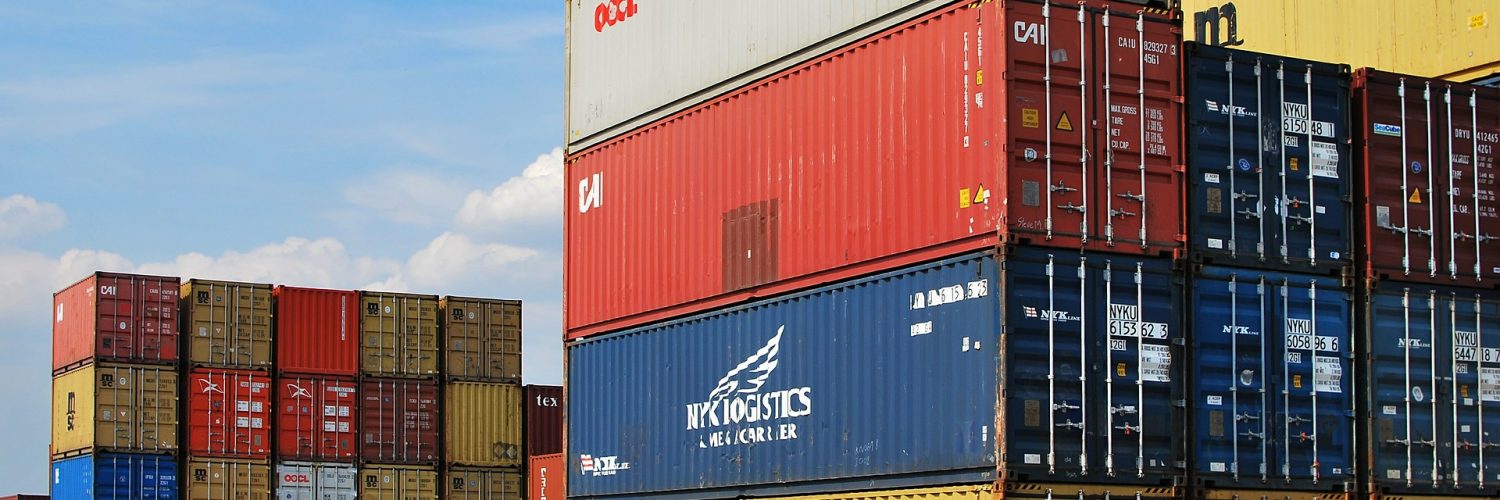Figuring out how to enter the global marketplace as a small business owner can be intimidating, but successfully entering the export market can help a business grow and expand to other areas.
“There’s a tricky dichotomy where you want to explain the challenges [of exporting], but you don’t want to scare people away,” Global Chamber CEO and founder Doug Bruhnke said.
He explained that one of the biggest mistakes a novice exporter can make is not talking to people who have experience and not exploring the resources available to them.
“The goal of the discussion was for the companies in the audience to realize you don’t have to go it alone. Many of the organizations represented on the panel were and are here to assist,” U.S. Commercial Service Phoenix Senior International Trade Specialist Molly Ho said.
U.S. Commercial Service is a U.S. government trade promotion agency that helps companies get started in exporting, including small-to medium-sized businesses. It assists U.S. companies in more than 100 U.S. cities and 75 countries, Ho explained.
A small-to medium-sized business may have to jump a few hurdles to successfully export its goods and services, but there are a variety of organizations and resources to help them along the way.
“Every government typically has some sort of a resource, whether it’s in Arizona or Ghana,” Bruhnke said. “The city, the province, the federal government or whatever the government entity is at a country level, they all have resources. And, they are good resources to know.”
He explained that the Global Chamber provides on-the-ground resources and works to assist companies with issues that government entities do not typically help with.
Although exporting goods and services can be tricky for a smaller business, it can benefit the business and help it grow.
“According to the U.S. Department of Commerce, companies that export their products and services internationally are 17% more profitable than those that don’t,” Ho said. “Moreover, they are able to weather storms in the local U.S. economy more effectively.”
“If somebody’s got a product that’s sellable in another country, why not? They’re already making the product and if they start making more of it they’ll be able to benefit from scale and lower their costs,” Bruhnke explained.
He said exporting can lead to the decision to manufacture and open another location.
“It’s always good to know if you have an offering, product or service that people might be interested in because you’ve already learned the product,” Bruhnke said. “So, why not now learn that product and what the needs are from another group of people?”
















Add comment